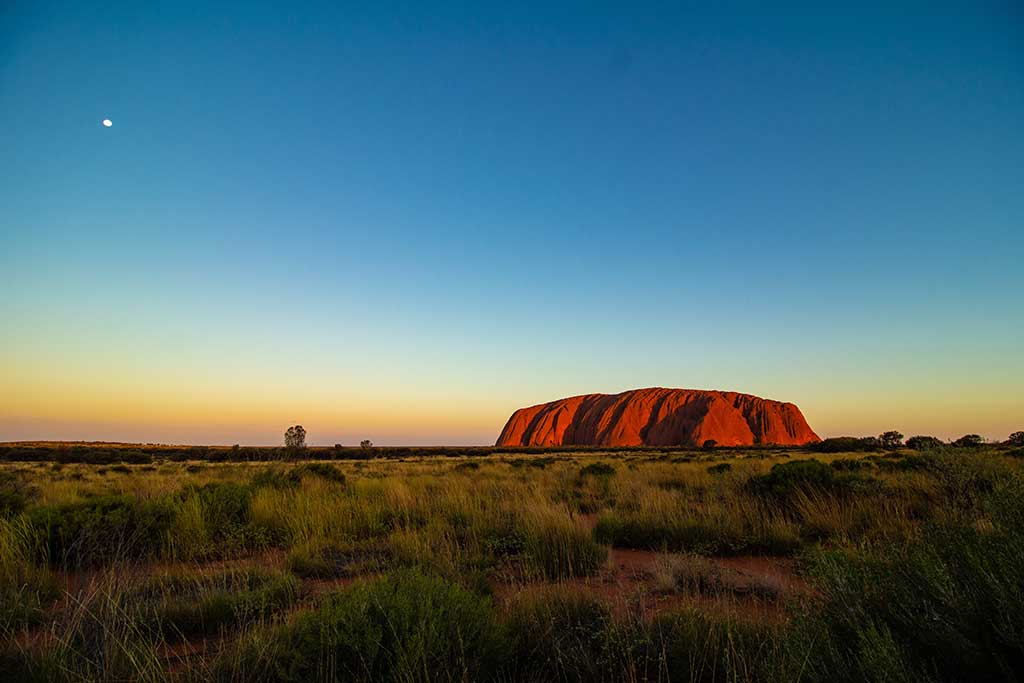Around 50,000 years ago, a small band of humans landed in northern Australia, arriving on a primitive boat or raft. It is likely that the journey was planned because enough men and women arrived to found a new population there.
Perhaps guided by rivers, the group ventured deeper inland, where they found giant mammals, birds, and reptiles ripe for hunting, and no other humans to challenge them.
This intrepid group had stumbled upon a new continent, and they had it all to themselves.
The ocean crossing from Asia to Australia is one of humanity’s great early achievements, yet it is one that is shrouded in mystery.
Mystery of ocean travel
Why modern humans made the journey, and when, are still open questions that scientists are extremely keen to answer.
The earliest known evidence of human occupation in Australia is a rock shelter in the Northern Territory that is about 55,000 years old, while the oldest human fossils ever discovered in Australia are about 10,000 years younger.
Archaeological evidence reveals that modern humans had spread into Southeast Asia from Africa by about 60,000 years ago, and that they were in Australia by about 50,000 years ago.
Spencer Wells, a geneticist and a National Geographic explorer-in-residence, has speculated that the first Australians landed in northern Australia and Papua New Guinea—then part of the same landmass—and gradually moved inland by following the river systems of Queensland and southern Australia.
The First Explorers
Anthropologists have long debated whether modern humans left Africa only once and then radiated around the globe, or if there were multiple journeys out of the continent. Previously, the most widely accepted theory was that all modern humans derive from a single out-of-Africa migration wave into Europe, Asia, and Australia. According to this model, the first Australians branched off from an Asian population that had already separated from the ancestors of Europeans.
In mid 2011, this conventional wisdom was challenged by a new discovery. Using modern gene sequencing techniques, researchers sampled the DNA from a lock of hair that a young Aboriginal man had donated to a British anthropologist in 1923.
When DNA in the hair was compared with the genomes of people living in Asia, Europe, and Africa, scientists discovered that Aboriginal Australians are more closely related to Africans than they are to modern Asians and Europeans.
This suggests humans migrated into Eastern Asia in multiple waves and that today’s Aboriginal Australians are descended from an early wave that left Africa about 70,000 years ago, before the ancestors of Asians and Europeans. If confirmed, the finding means that present-day Aboriginal Australians are the oldest population of humans living outside of Africa.
A Meandering Route
Another mystery is the route early modern humans took while traveling from Africa to Australia. It was previously thought that after leaving Africa, humans stayed close to the coasts, with some of them traveling southward until they reached Indonesia and Australia.
However in August 2012, scientists reported the discovery of human skull fragments in a limestone cave in northern Laos that date back to between 46,000 and 63,000 years ago. The finding was surprising, because it indicated early humans roamed far and wide across Asia after leaving Africa, venturing north and northeast across rough mountainous terrain into Laos and perhaps even China, Vietnam, and Thailand.
Reaching Australia would have presented significant challenges for ancient humans. An ocean has always separated Asia and Oceania, and travel between the two continents would have required humans to navigate dozens of miles of open water.
Another mystery is what kind of water vessels early humans used to reach Australia.
None of the boats used by Aboriginal people in ancient times are suitable for major voyages. Maybe they used bamboo rafts, a material common in Asia.






